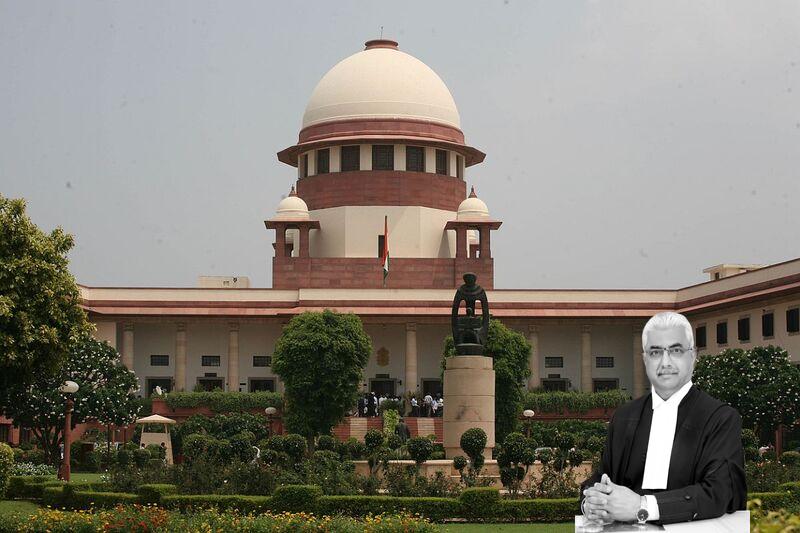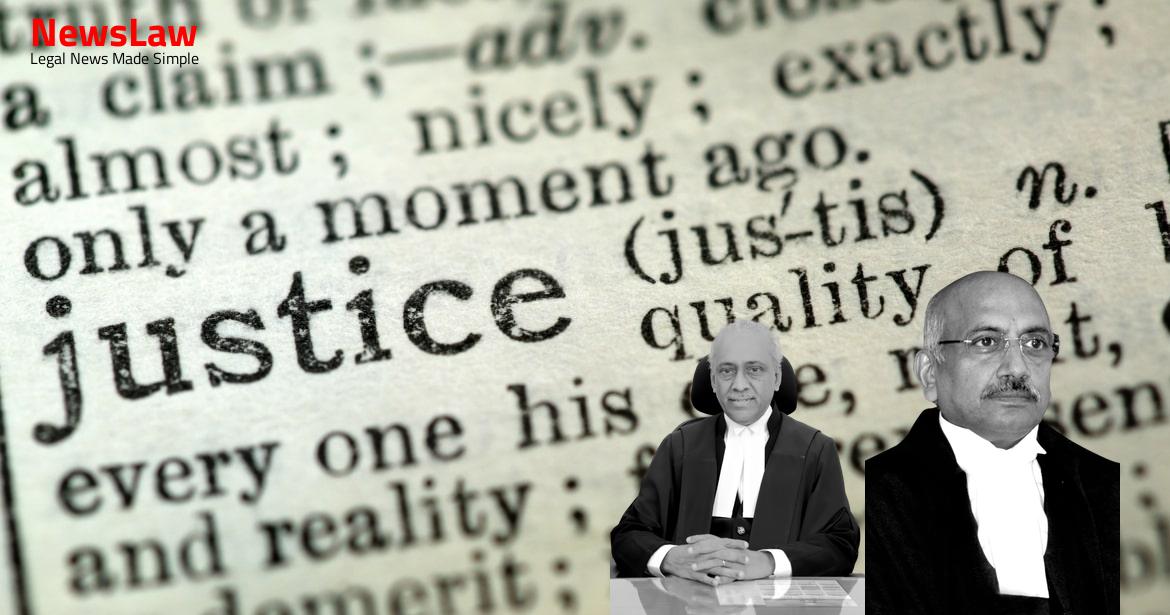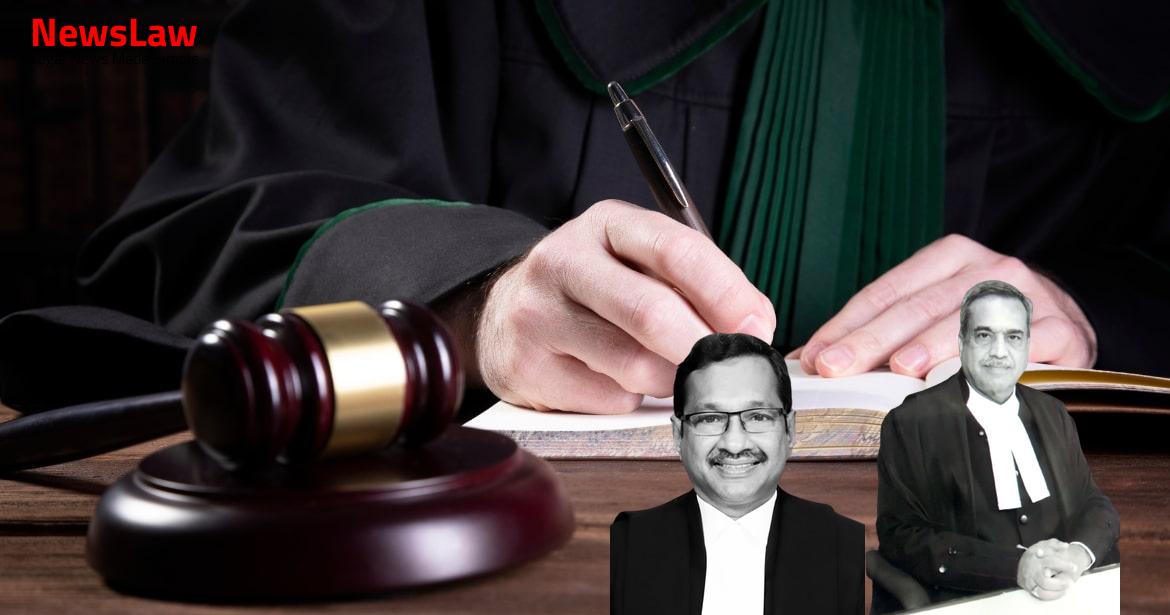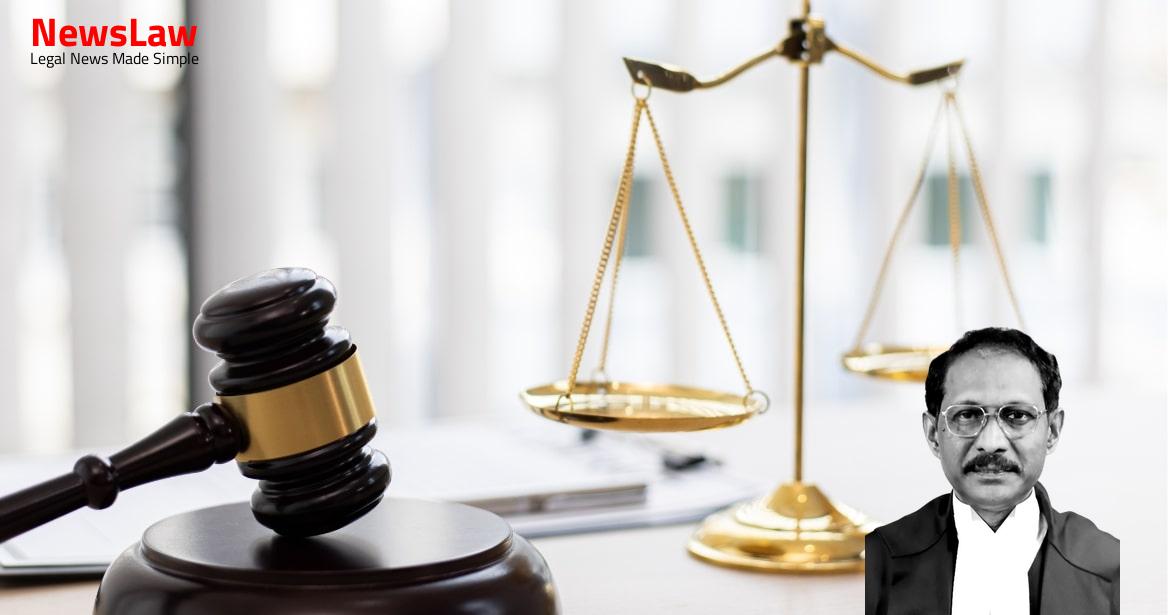The said application having been rejected by the trial court by order dated 13.04.2016, respondent moved the High Court under Section 397 read with Section 401 of Cr.P.C. The sole question that arises for our consideration is whether the order of the sanctioning authority dated 05.03.2015 is liable to be set aside and consequently, the charge-sheet filed by Anti-Corruption Bureau, Anand Police Station on 17.06.2015 is liable to be quashed? contending inter alia that during investigation, the IO had failed to consider the written statement dated 13.08.2014 and the permission obtained by him to visit Australia and also the details of the purchase of movable and immovable properties furnished to the department on every occasion of his investment, and yet, the IO had failed to consider the same in proper perspective. (a) Whether the accused has taken loan from his brother, mother and father is a question of fact which is to be decided during the trial; 6 (b) The fact of Rs.10 lacs as loan from the friends is also a question of fact which is to be decided during the trial; (c) Other two friends namely, Iliyashbhai and Niteshbahai who have given amount to the accused as loan is also a question of fact which is to be decided during the trial; (d) The fact of accused informing with regard to purchase of property to the department under the Gujarat Civil Services rules does not gave him a clean chit with regards to his income. (g) The bulk of records placed on record by way of charge-sheet papers prima facie shows that if they are taken at their face value if 7 discloses all the ingredients of disproportionate income with the known source of income; (h) Even considering the broad principles whatever defence the accused is taking, even if the same are considered, it cannot be said that the ingredients constituting the alleged offence are not attracted. Even otherwise the allegations with regards to the disproportionate assets against the known source of income is a subject matter which cannot be decided at the outset without conducting full fledge trial, more particularly, when it is the accused who has the knowledge 8 with regard to the source of income from while purchase of the properties both movable and immovable are made by him and the Court at this juncture is able to see prima facie case against the accused. As already noticed hereinabove the High Court by impugned order allowed the Revision Application by perusing the material on record placed by the respondent -accused and arrived at a conclusion that trial court had committed an error in dismissing the application and accepting the plea of the respondent which was virtually by way of defence and discharged the respondent.
If there is no sufficient ground for proceeding against the accused necessarily, the accused would be discharged, but if the court is of the opinion, after such consideration of the material there are grounds for presuming that accused has committed the offence which is triable, then necessarily charge has to be framed. If the accused is able to demonstrate from the charge- sheet material at the stage of framing the charge which might drastically affect the very sustainability of the case, it is unfair to suggest that such material should not be considered or ignored by the court at that stage. True it is that at the time of consideration of the applications for 12 discharge, the court cannot act as a mouthpiece of the prosecution or act as a post office and may sift evidence in order to find out whether or not the allegations made are groundless so as to pass an order of discharge. To put it differently, if the court thinks that the accused might have committed the offence on the basis of the materials on record on its probative value, it can frame the charge; though for conviction, the court has to come to the conclusion that the accused has committed the offence. The primary consideration at the stage of framing of charge is the test of existence of a prima-facie case, and at this stage, the probative value of materials on record need not be gone into.
The power and jurisdiction of Higher Court under Section 397 Cr.P.C. There has to be a well-founded error and it may not be appropriate for the court to scrutinise the orders, which upon the face of it bears a token of careful consideration and appear to be in accordance with law. Where the Court is dealing with the question as to whether the charge has been framed properly and in accordance with law in a given case, it 16 may be reluctant to interfere in exercise of its revisional jurisdiction unless the case substantially falls within the categories aforestated.
At best and upon objective analysis of various judgments of this Court, we are able to cull out some of the principles to be considered for proper exercise of jurisdiction, particularly, with regard to quashing of charge either in exercise of jurisdiction under Section 397 or Section 482 of the Code or together, as the case may be: 27.1.



